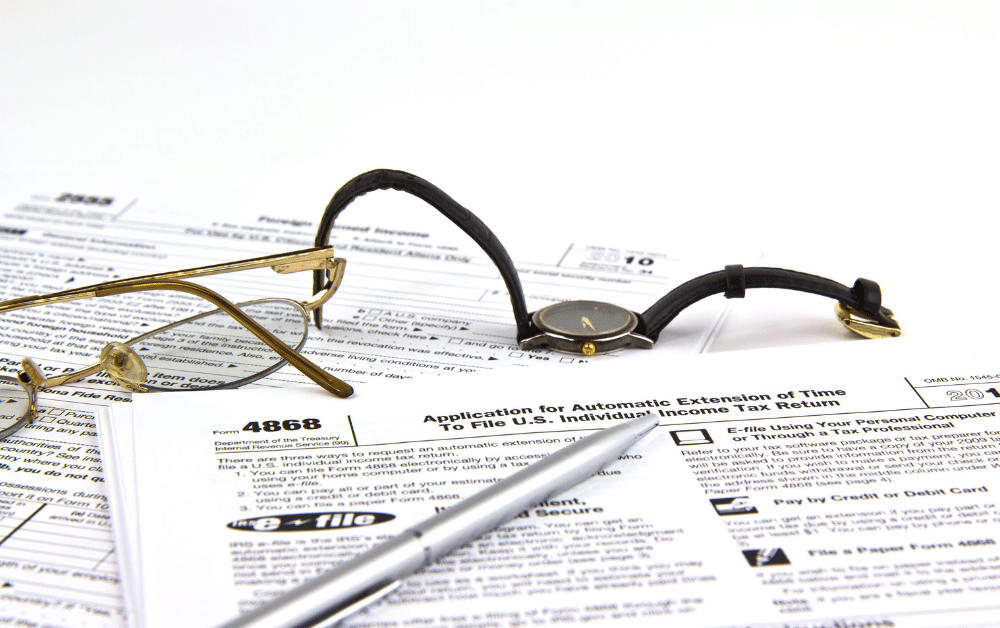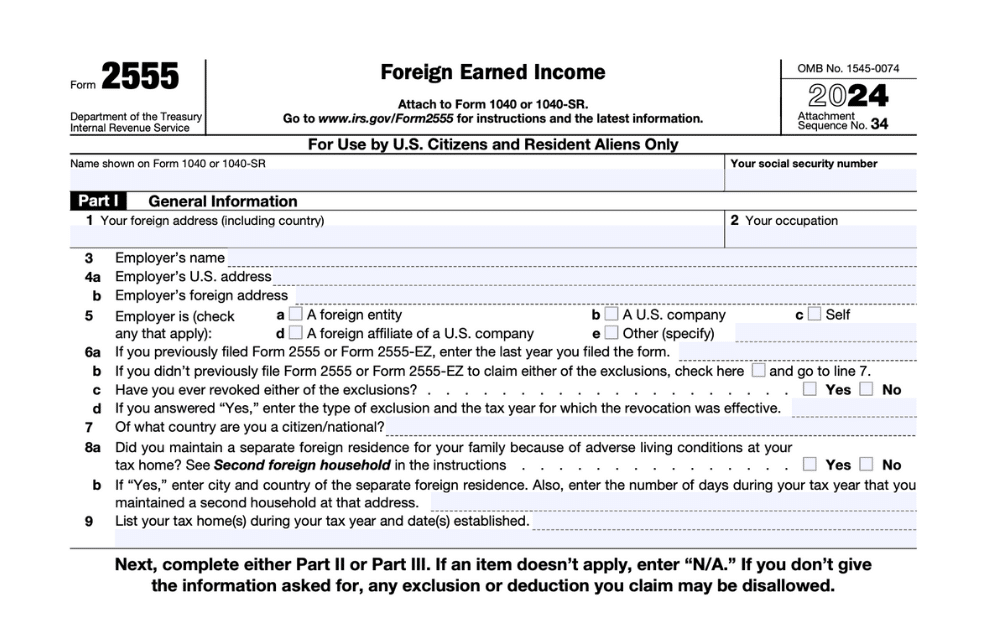What Happens When You File Late Taxes as a US Expat

Dealing with late tax filings is a situation many face, particularly US expats who navigate unique tax requirements and deadlines. Missing the tax filing deadline can lead to penalties, interest, and other complications; however, for US expats, there are specific considerations and potential options available. Understanding these can be crucial in mitigating the impact of late tax submissions.
This comprehensive guide is tailored to address the concerns and questions of expatriates who find themselves filing taxes late. We provide detailed information on the implications of late tax filing, the potential penalties involved, and the steps that can be taken to rectify the situation. Additionally, we discuss the special provisions and extensions available to US expats, offering expert advice on navigating the process of late tax filing.
Key Takeaways
- US expats receive an automatic two-month extension to file their tax returns — but if you owe money in taxes, you must pay by April 15 to avoid penalties.
- Technically there’s no penalty to file late as a US expat if you’re due a refund. But you could miss out on significant tax benefits by filing late.
- If you owe money in taxes, you could incur late fees and penalties for each month your tax return and/or taxes owed are late.
What is the US Expat Filing Deadline?
For most Americans filing their tax returns, the deadline falls in mid-April, typically April 15. However, Americans who reside and work outside of the US and Puerto Rico receive an automatic two-month extension from the IRS. This means your tax returns aren’t technically due until June 15 (or the next business day if the 15th falls on a weekend or a holiday).
While that gives US expats more time to get their financial documents in order, it’s important to note that if you owe the IRS taxes, you are required to pay them by April 15 every year. The automatic extension allows you to file late, but if you did not pay the taxes you owe by the April deadline, then you may be charged penalties and interest for not paying on time.
If you know you will receive a refund from the IRS, there’s no penalty for filing after the June 15 deadline.
If you pay up to 90% of your actual tax bill by April 15, you can file your return and pay the remainder of your taxes by June 15, without penalty.

Can You Request Additional Tax Filing Extensions?
If you find yourself needing extra time to prepare and file your taxes, there’s a solution – you can request an extension by completing IRS Form 4868, titled Application for Automatic Extension of Time to File US Individual Income Tax Return. This grants you until mid-October to submit your return.
However, it’s crucial to remember that if you have outstanding taxes, they should be paid by the 2025 tax deadline of April 15 (for the 2024 Tax Year). Failure to do so will result in interest charges accumulating for each month your taxes remain unpaid.
What Happens When You File Taxes Late?
Late tax payments & returns are subject to IRS penalties. The two main types of penalties that the IRS assesses for late taxes are:
1. Failure to File Penalty
The Failure to File penalty is charged if you file your return past the deadline. Normally, this penalty is 5% of unpaid taxes for each month beyond your filing deadline, up to a maximum of 25% of your unpaid taxes due.
2. Failure to Pay Penalty
The Failure to Pay penalty is levied on all taxes due that are not paid by the filing deadline. This penalty is normally an interest charge of 0.5% per month on the basis of your total unpaid taxes. This penalty can continue until it reaches 25% of your total unpaid taxes.
At least 90% of your expected taxes due must be paid by the mid-April filing deadline – even if you plan on filing taxes late via the automatic two-month extension. Otherwise, you may face a Failure to Pay penalty even if you file your return on time.
In many cases, we find that expats do not owe taxes due to foreign tax credit and foreign earned income exclusion. But just in case, it’s good to file in April or file an extension until October to make sure you won’t have to pay penalties.
3. Other IRS Penalties
There are a few other IRS penalties you may incur when paying your taxes late, such as an Accuracy-Related penalty, which charges you for not reporting your income or other information correctly. If you don’t pay estimated taxes throughout the year, you can also receive a penalty for not paying your estimated taxes on time or in full.
When You File Taxes Late, You Can Miss Out on Big Tax Breaks
Most US expats qualify for tax credits that prevent them from double taxation — and, in many cases, significantly lower or even eliminate their US tax bills. But, when you file late taxes, you may miss out on some of these privileges.
For expats filing late taxes, there is no guarantee of eligibility for the Foreign Earned Income Exclusion – which allows you to exclude over $126,500 of foreign-earned income from your tax bill for the 2024 tax year.
Claiming this exclusion requires that you file Form 2555 with your tax return in a timely manner. If you don’t file in time, the IRS reserves the right to revoke your ability to use the FEIE. And, once revoked, you cannot claim it for at least five years.
The FEIE can save you thousands per year in taxable income, so avoid losing this exclusion by filing your taxes on time.
If you’re behind on your US taxes, you may qualify for a special compliance program to get back on track without penalties. Download our Streamlined Filing Eligibility guide to understand if you qualify.

How Can US Expats Catch Up on Past-Due Taxes?
When US citizens first move overseas, many of them don’t realize they’re still on the hook to pay US taxes. If you are filing taxes years late due to non-willful negligence, which means you did not knowingly decide not to file your taxes, then you may qualify for an IRS tax amnesty program called the Streamlined Filing Procedure.
The Streamlined Filing Procedure was designed to help US expats catch up on past-due tax returns and other financial requirements, like the FBAR (Report of Foreign Bank and Financial Accounts).
To qualify for the Streamlined Procedure, you must meet the below requirements:
- You lived outside the US for at least 330 days over the last three years and do not currently have a US abode.
- You can attest that you failed to file your US tax returns and FBARs due to non-willful negligence.
- The IRS has not yet contacted you regarding your late tax return or bill.
With the Streamlined Procedure, you can catch up on the last three years of tax returns and the last six years of FBARs. The process can be a bit challenging to navigate on your own though, so we recommend talking to a professional if you have any questions along the way.
If you’re only behind on last year’s tax return, it’s best to file normally. But if you need to catch up on previous years or multiple returns and FBARs, then the Streamlined Filing Procedure may be your best option.
Need Help Filing Your Late Taxes?
It’s better to get caught up with the IRS late than not at all, and an experienced tax professional can help you figure out the right path forward.
If you’re ready to be matched with a Greenback accountant, click the get started button below. For general questions on expat taxes or working with Greenback, contact our Customer Champions.



